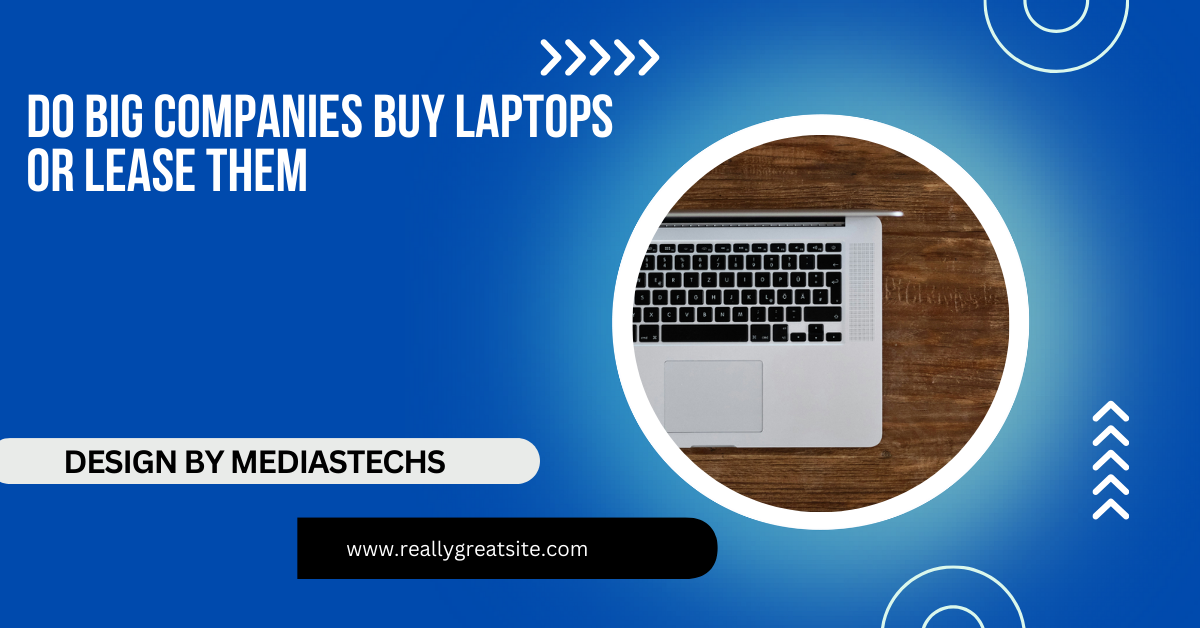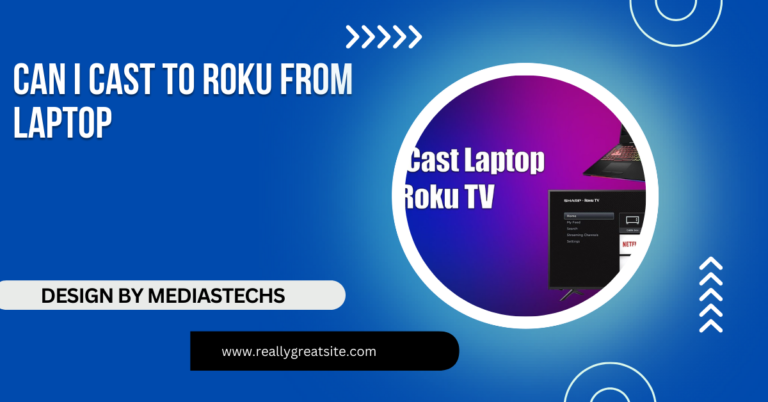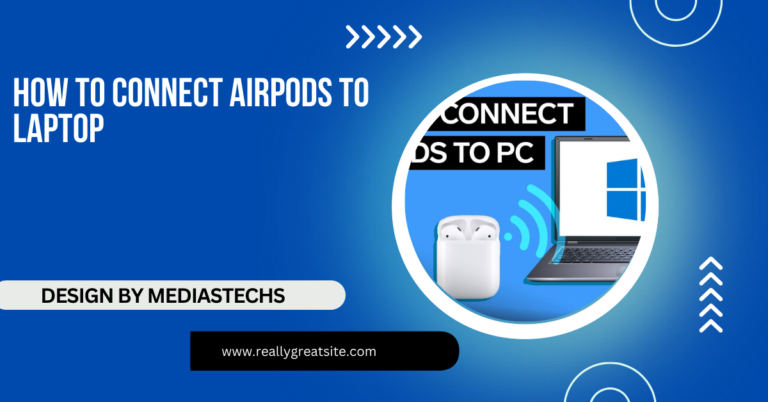Do Big Companies Buy Laptops Or Lease Them – A Comprehensive Guide!
Explore whether big companies should buy or lease laptops, weighing the benefits and drawbacks of each option to enhance productivity.
In this article, we analyze the key factors that influence big companies’ decisions to buy or lease laptops. We weigh the advantages and disadvantages of each option to help businesses make informed technology investments. Ultimately, our goal is to guide organizations in enhancing productivity while managing costs effectively.
Understanding the Landscape:
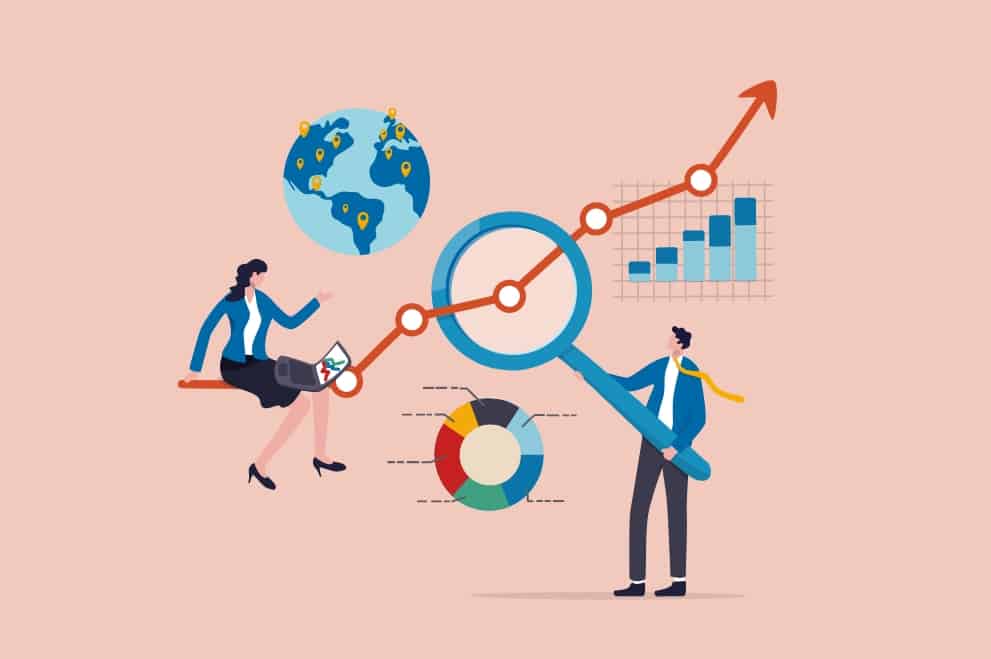
The Need for Laptops in Big Companies:
Laptops are an essential tool for employees in virtually every industry. They enable productivity, enhance collaboration, and support remote work capabilities. The COVID-19 pandemic accelerated the trend toward remote and hybrid work models, making reliable laptops even more critical for business operations.
Companies must continually assess their equipment to ensure they are using the latest and most efficient devices. With technological advancements occurring at a rapid pace, companies are often left to choose between maintaining their existing fleet of laptops or investing in new equipment.
Buying vs. Leasing: The Basic Differences
- Buying Laptops: This involves a one-time payment for the device. Companies take ownership and can keep the laptops as long as they want, modifying or upgrading them as needed. This approach may appeal to businesses that prefer to maintain control over their equipment and have the resources to invest upfront.
- Leasing Laptops: In this arrangement, companies pay a recurring fee to use the laptops for a specified period. At the end of the lease term, they typically return the devices or have the option to purchase them. Leasing can be advantageous for businesses that prefer to allocate funds to other areas while still providing employees with up-to-date technology.
Read More:http://Windows Laptop – The Ultimate Guide to Choosing the Perfect Model!
Advantages of Buying Laptops:
- Ownership: When a company purchases laptops, it gains full ownership. This means no ongoing payments and the ability to customize hardware and software according to specific needs. Companies can tailor the laptops to their specific requirements, whether that involves installing proprietary software or ensuring compatibility with existing systems.
- Long-Term Cost Savings: While the upfront cost may be higher, buying can be more cost-effective over the long term, especially if the laptops have a long lifespan and are well-maintained. Businesses can continue to use the laptops even after they have depreciated, allowing for further cost savings.
- Tax Benefits: Companies can often deduct the entire purchase price of the laptops as a business expense in the year of purchase, potentially leading to significant tax savings. This tax advantage can improve cash flow and contribute to a healthier bottom line.
- No Contractual Obligations: Ownership means freedom from lease contracts, allowing businesses to upgrade or sell equipment at their discretion without penalty. This flexibility can be especially beneficial for companies that experience fluctuations in workforce size or technology needs.
- Depreciation Management: Companies can manage the depreciation of owned assets on their terms, allowing for strategic planning and financial forecasting.
Disadvantages of Buying Laptops:
- High Initial Investment: The upfront cost of purchasing laptops can be significant, especially for large teams. This capital expenditure can strain cash flow and limit the ability to invest in other areas of the business.
- Depreciation: Laptops lose value over time, which can impact financial statements and future budgeting. Companies must account for this depreciation when planning future investments.
- Maintenance and Repairs: Companies are responsible for the upkeep of the devices, which can lead to additional costs and resource allocation. IT departments may need to allocate staff time to handle repairs, updates, and other maintenance tasks.
- Obsolescence: Technology evolves rapidly, and laptops purchased today may become outdated sooner than expected. Companies must be prepared to invest in new equipment periodically to stay competitive.
Advantages of Leasing Laptops:
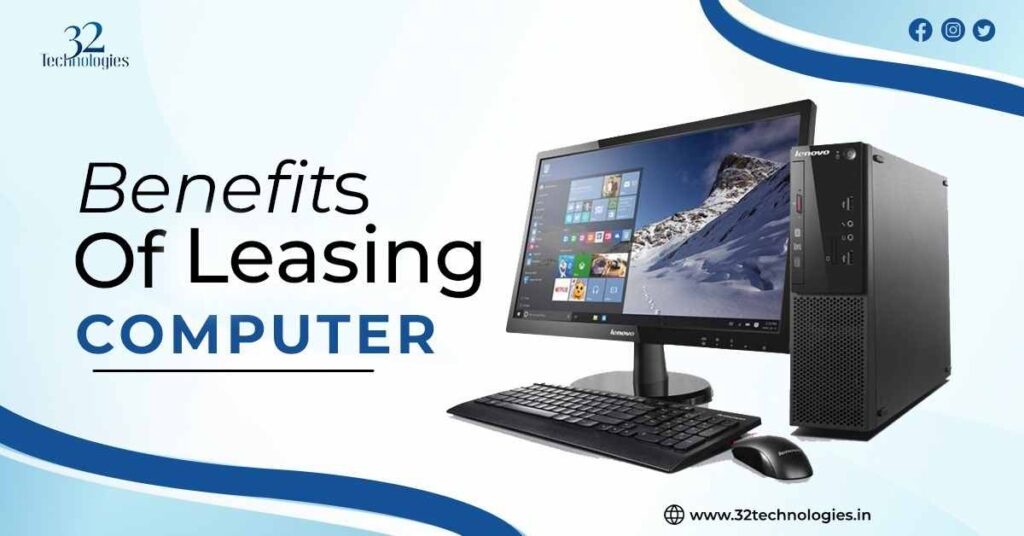
- Lower Initial Costs: Leasing typically requires a lower upfront investment, allowing companies to allocate capital elsewhere. This can be particularly advantageous for startups or businesses looking to expand quickly without incurring large expenses.
- Regular Upgrades: Leasing agreements often include options for upgrading to the latest models every few years, ensuring employees have access to cutting-edge technology. This can improve employee satisfaction and productivity as they work with the latest tools.
- Predictable Expenses: Monthly lease payments can be easier to budget for, providing predictable costs over the lease term. This financial predictability can aid in cash flow management and help avoid unexpected expenses.
- Reduced Maintenance Responsibilities: Many leasing agreements include maintenance and support, minimizing the IT department’s workload and ensuring quick repairs when necessary. Companies can benefit from faster turnaround times for repairs, leading to less downtime for employees.
- Scalability: Leasing allows companies to easily scale their technology needs up or down based on current workforce requirements, making it a flexible option for growing businesses.
Disadvantages of Leasing Laptops:
- Higher Long-Term Costs: Over an extended period, leasing can become more expensive than purchasing outright. Businesses that lease for several years may end up paying significantly more than they would have if they had chosen to buy.
- No Ownership: At the end of the lease, companies must return the laptops or face additional fees if they want to keep them. This lack of ownership can limit the long-term value derived from the investment.
- Contractual Commitments: Leasing agreements can lock businesses into contracts that may not align with future needs or circumstances. Companies may find themselves bound to terms that do not reflect changes in technology or employee requirements.
- Potential Fees: Companies may face additional fees for damages, exceeding mileage (in the case of portable devices), or other terms outlined in the lease agreement, which can lead to unexpected expenses.
Read More:http://Laptop Deals – Your Ultimate Guide to Saving Big on Laptops!
Which Option is Right for Your Business?
The decision to buy or lease laptops ultimately depends on several factors, including:
- Budget Constraints: Assess your company’s financial situation and cash flow. If you can afford the upfront cost, purchasing may be beneficial in the long run. Conversely, leasing can help manage costs and preserve cash flow.
- Technology Needs: If your industry demands the latest technology or frequent updates, leasing may be more advantageous. Companies that operate in rapidly changing fields may benefit from the ability to upgrade regularly.
- Employee Requirements: Consider the nature of your workforce. Remote workers or employees who require high-performance devices may influence the decision. Assess the specific needs of different teams to ensure they have access to the right tools.
- Tax Considerations: Consult with a financial advisor to understand the tax implications of buying versus leasing in your specific situation. Each option can have different impacts on taxes and cash flow.
- IT Support and Infrastructure: Evaluate your IT department’s capacity to support and maintain purchased laptops. If your team is already stretched thin, leasing may be the better option, allowing for outsourced support and maintenance.
FAQ’s
1. What are the main advantages of buying laptops for big companies?
Buying laptops provides ownership, potential long-term cost savings, and tax benefits, allowing companies to customize devices without ongoing payments.
2. What are the benefits of leasing laptops instead of buying?
Leasing laptops offers lower initial costs, regular upgrades to the latest models, predictable expenses, and reduced maintenance responsibilities.
3. How do maintenance responsibilities differ between buying and leasing laptops?
When buying, companies are responsible for all maintenance and repairs, while leasing agreements often include maintenance support, reducing the IT department’s workload.
4. Can leasing laptops be more expensive in the long run?
Yes, while leasing may have lower upfront costs, over an extended period, it can become more expensive than purchasing outright due to ongoing lease payments.
5. How should companies decide whether to buy or lease laptops?
Companies should assess their budget, technology needs, employee requirements, and IT support capacity to make an informed decision that aligns with their business goals.
Conclusion:
Both buying and leasing laptops have their merits and drawbacks. Big companies must carefully evaluate their unique circumstances, including financial capacity, technology needs, and long-term strategies, to determine the best approach. By weighing the options, organizations can make informed decisions that optimize their resources and enhance productivity in today’s dynamic business landscape.

